Preparing for a sales tax audit can feel overwhelming, but it doesn't have to be. Understanding the key steps to take and the documents you'll need can make the process smoother and less stressful. From ensuring your records are in order to communicating with the auditing agency, being proactive is crucial. Ready to dive deeper into the essentials of sales tax audit preparation? Let's explore what you need to know!
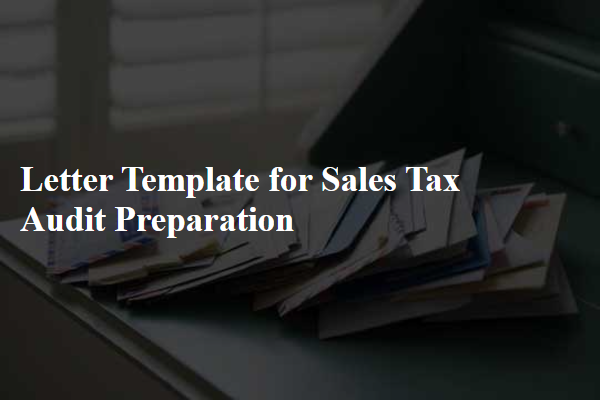
Accurate financial records
Accurate financial records are essential for a successful sales tax audit. Maintaining detailed documentation of all sales transactions, including receipts and invoices, ensures compliance with state tax regulations. Records should reflect the sales tax collected on every transaction, with specific attention to taxable and non-taxable sales in various jurisdictions. For businesses operating in multiple states, understanding local sales tax rates and exemptions is critical. Reports generated from accounting software should include trial balances, general ledger entries, and bank statements, allowing auditors to verify financial integrity. Regularly updating and organizing these documents, ideally in chronological order, will facilitate a smoother audit process and mitigate potential discrepancies that may arise during evaluations.
Statutory compliance documentation
Sales tax audits require meticulous statutory compliance documentation to ensure accuracy and transparency during the review process. Key documents include sales tax returns, which detail the collected and remitted sales taxes for specific periods, typically quarterly or annually, depending on jurisdiction. Invoices, serving as proof of transactions, must include essential information such as dates, transaction amounts, and tax rates applied, alongside corresponding payment records. Additionally, exemption certificates should be cataloged, identifying tax-exempt sales with supporting documentation. Accurate financial statements, like balance sheets and income statements, are crucial for providing a complete financial picture. Inventory records may also be scrutinized to verify sales tax applied to goods sold, ensuring consistent compliance with both state and local tax regulations. Careful organization of these documents will streamline the audit process, fostering confidence in the entity's adherence to tax obligations.
Comprehensive sales data
Comprehensive sales data, including transaction records from the fiscal year (2022), is crucial for a successful sales tax audit. This dataset should encompass detailed invoices that outline sales amounts, tax collected per jurisdiction (such as state and local rates), and customer information, including businesses or individual consumers. Consistency in record-keeping practices from all locations (such as stores in New York and California) can ensure that collected sales taxes align with reported income on financial statements. Furthermore, maintaining accurate data on returns, discounts, and exemptions (with proper documentation, such as resale certificates) is essential. This meticulous preparation can significantly streamline the audit process conducted by state tax authorities (such as the California Department of Tax and Fee Administration) and minimize potential financial liabilities.
Detailed tax filing history
A detailed tax filing history is essential for effective preparation for a sales tax audit. This history should encompass all sales tax returns submitted to the relevant authorities, such as the Internal Revenue Service (IRS) and state tax agencies. Each return must include specific filing dates, total taxable sales amounts, applicable tax rates based on jurisdiction, and the total sales tax collected and remitted. Important documents needed during this audit include invoices, receipts, and bank statements spanning the audit period, often ranging from three to five years. These records are crucial for verifying income sources and ensuring compliance with taxation laws. Accurate documentation simplifies the audit process while significantly mitigating any potential discrepancies. Keeping track of these records allows businesses to provide a comprehensive overview of their tax obligations and payments, reinforcing their commitment to regulatory adherence.
Communication strategy with auditors
Preparing for a sales tax audit requires a detailed communication strategy with auditors to ensure efficient collaboration and accurate documentation. Establishing a point of contact within the organization, such as the finance manager, facilitates clear communication. It is crucial to gather relevant documents, including sales tax returns, invoices, and exemption certificates, covering the audit period (typically the last three years). Auditors often focus on specific areas such as compliance with local tax laws in jurisdictions like California or Texas, which have complex regulations. Regular updates through scheduled meetings or emails keep both parties informed and address questions promptly. Designated times for document review enhance efficiency, allowing auditors to verify compliance and reconcile records accurately. Having a thorough understanding of sales tax liabilities and exemptions can minimize discrepancies and foster a cooperative relationship with auditors throughout the audit process.

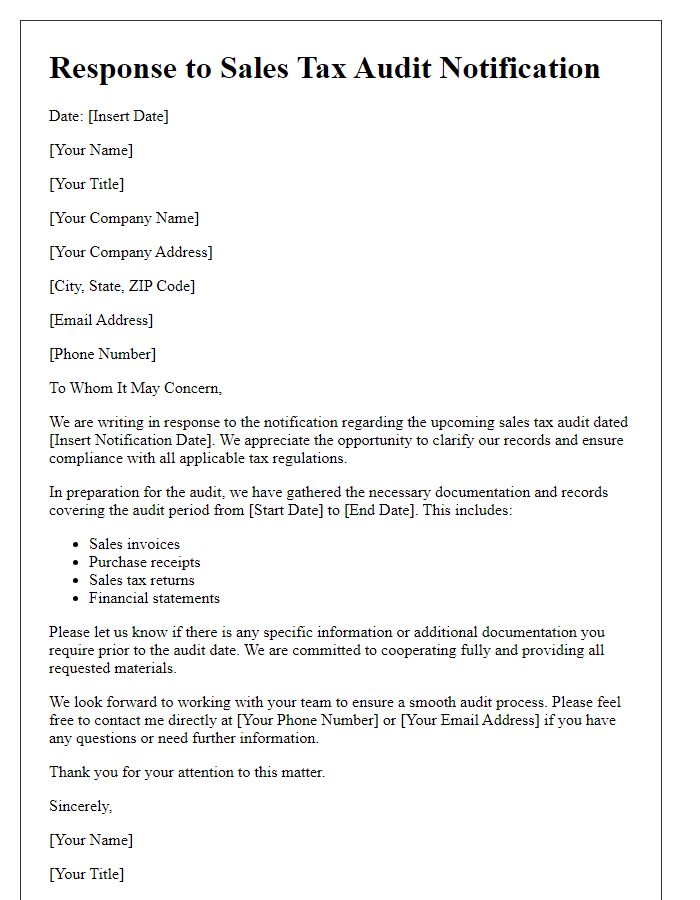
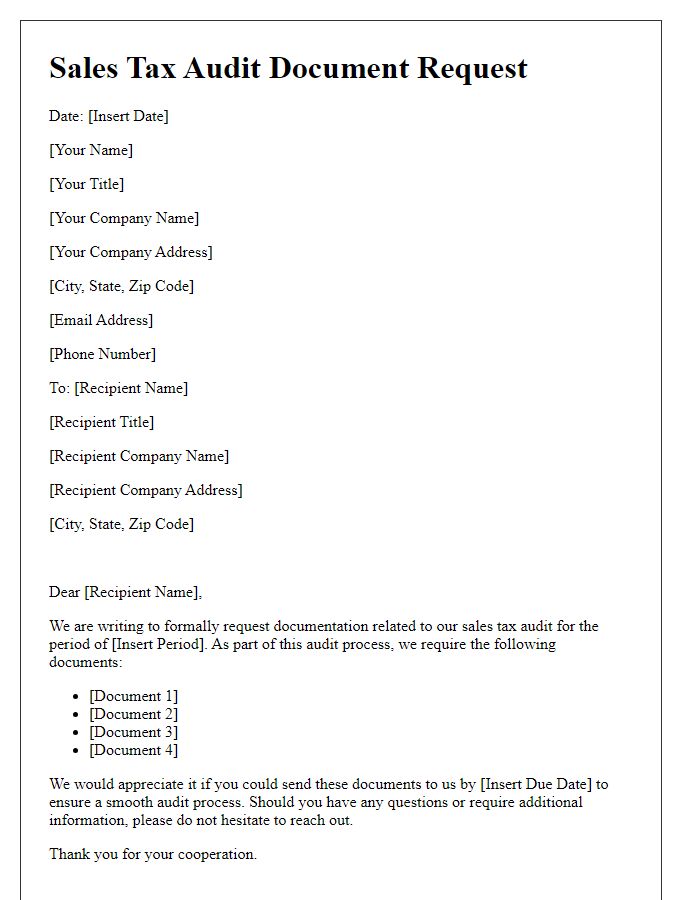
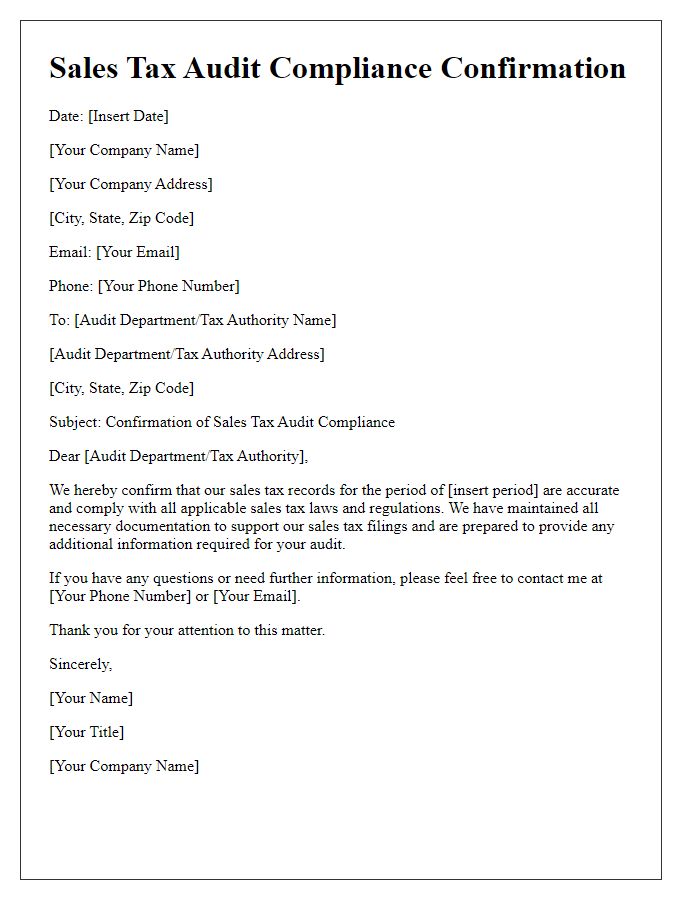
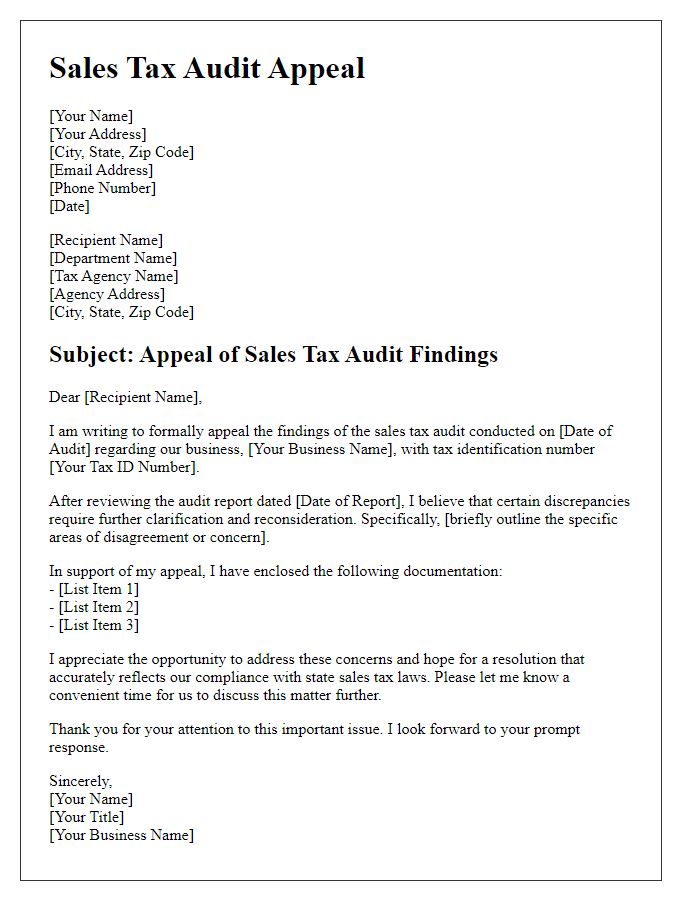
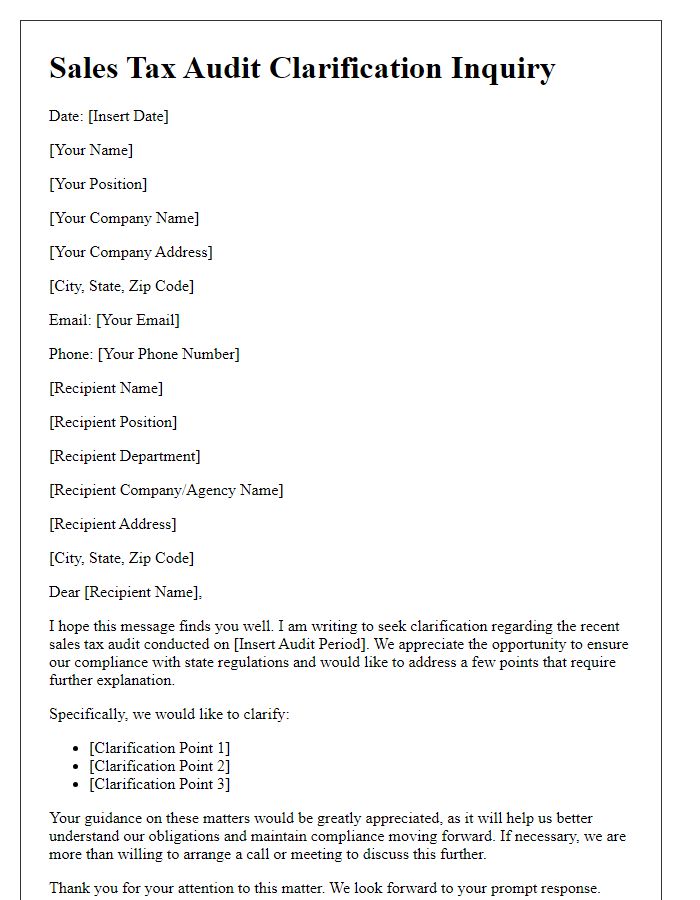
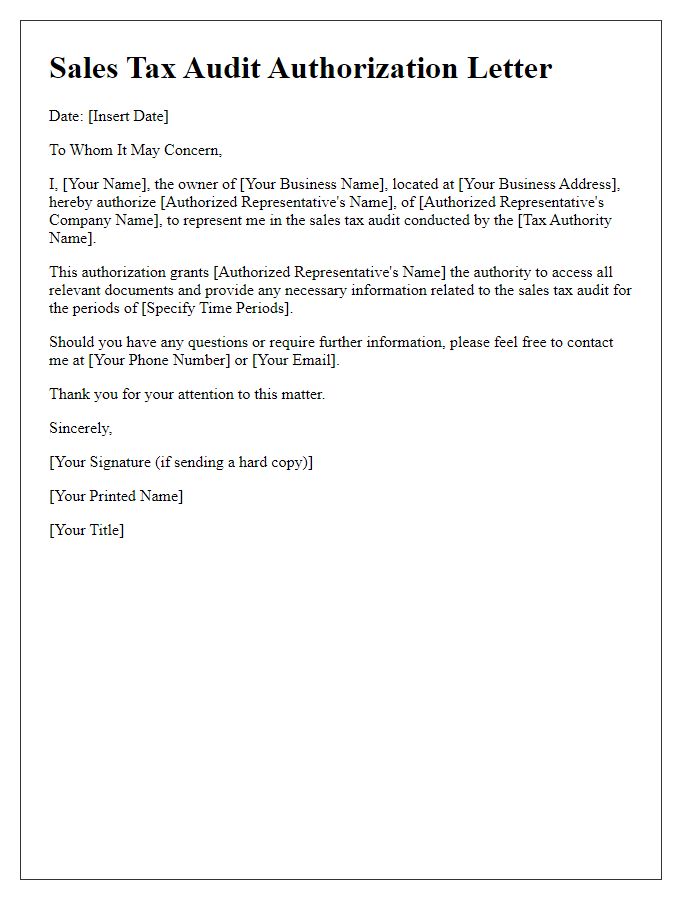
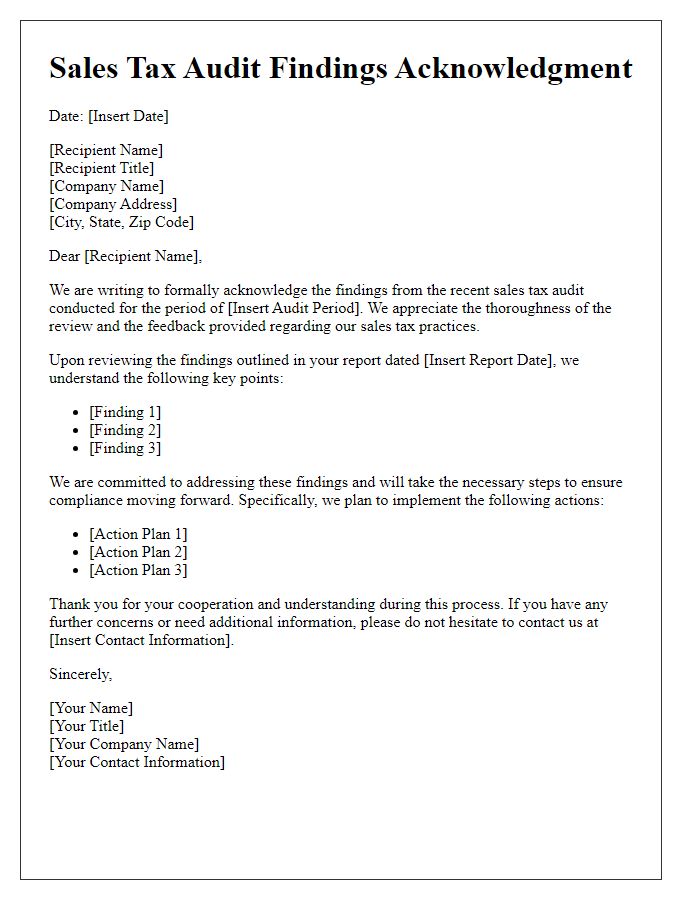
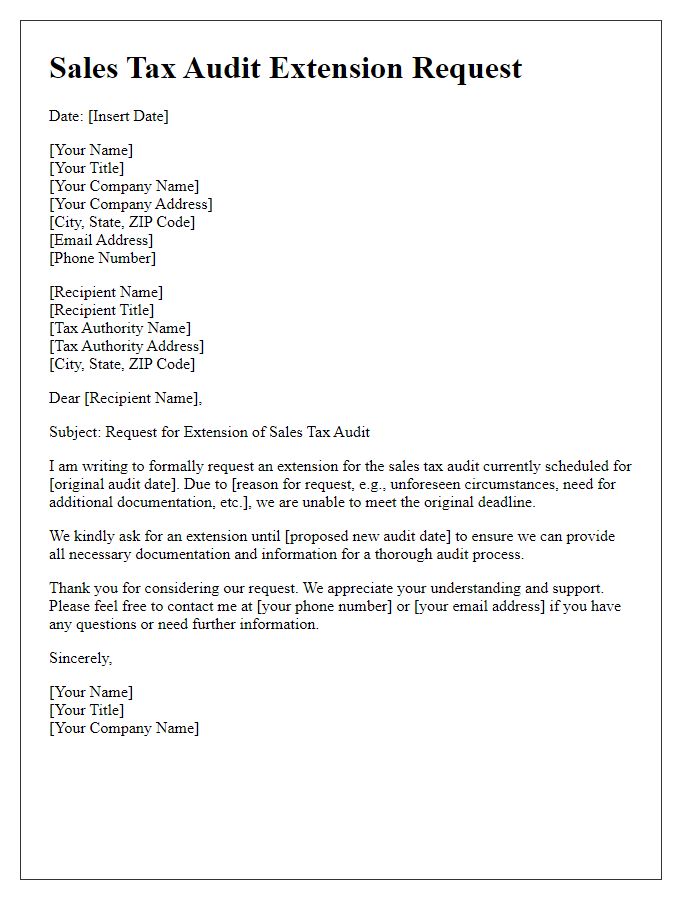
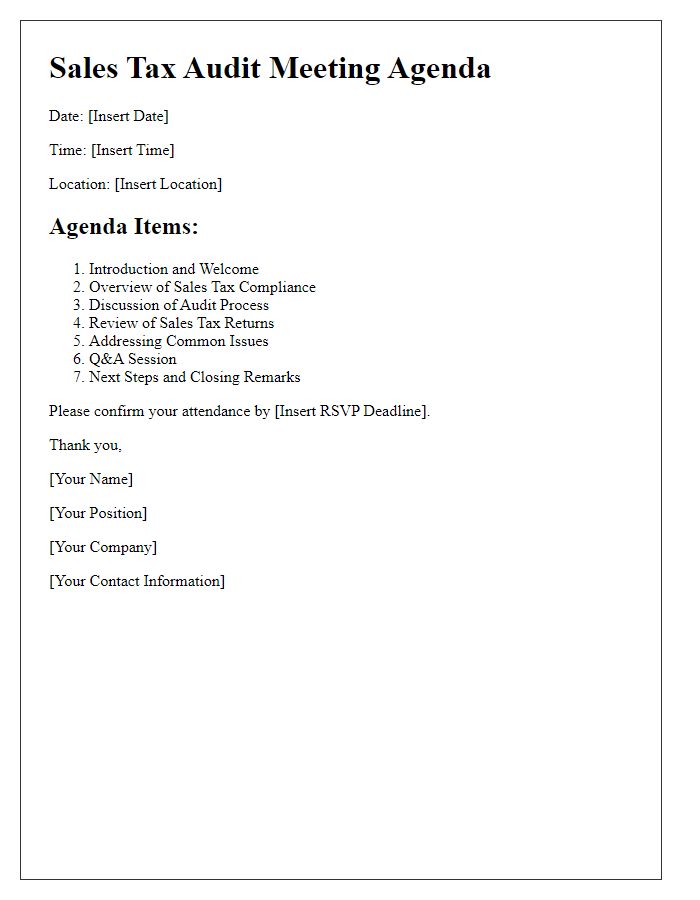
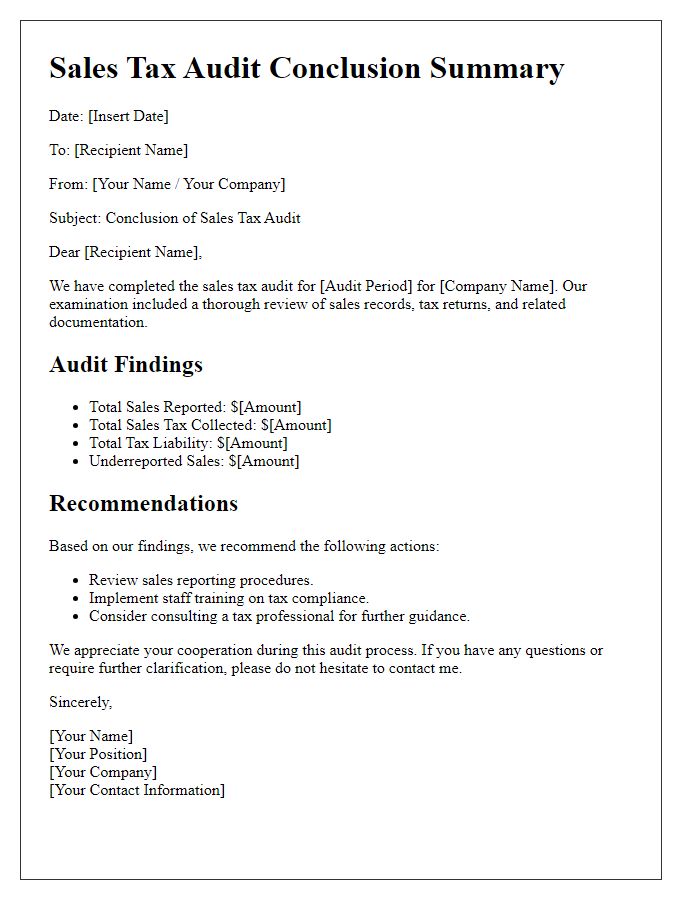

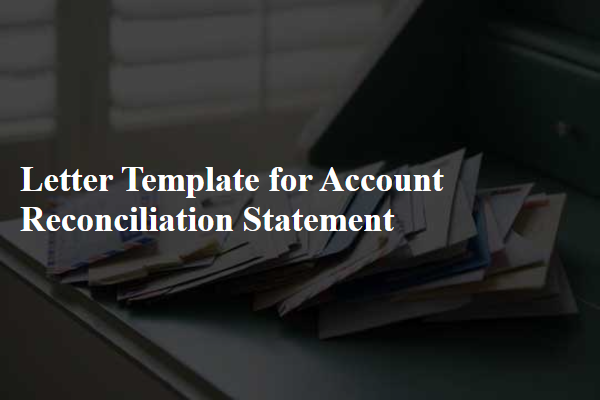
Comments